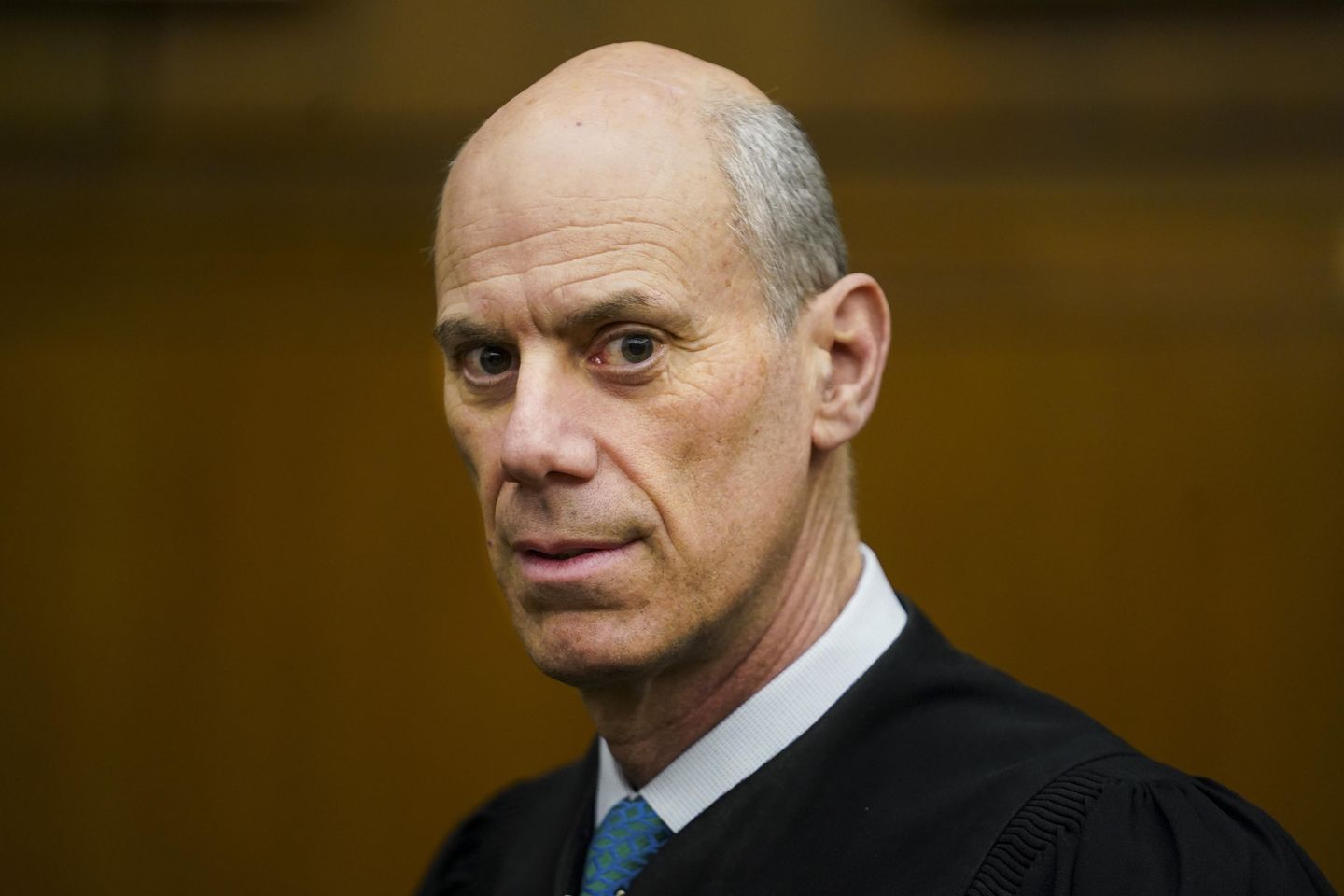
A federal appeals court delivered a spanking Friday to Judge James Boasberg, shutting down his effort to pursue criminal charges against Trump administration figures he believes intentionally defied his orders to bring back three planeloads of illegal immigrants earlier this year.
The U.S. Circuit Court of Appeals for the District of Columbia said Judge Boasberg had landed himself in a thorny constitutional dispute.
In a 2-1 ruling, the court said Judge Boasberg’s own orders were “ambiguous” and left too much room for interpretation for him to decide that his ruling was being purposely flouted. And his attempt to prosecute the government over failing to follow an order that was later overturned by the Supreme Court was without precedent.
“The district court’s order exceeds the contempt power and intrudes on the powers of the Executive Branch,” wrote Judge Neomi Rao, a Trump appointee to the court.
The case arose out of Mr. Trump’s attempt to use a 1798 law, the Alien Enemies Act, to speed up deportations of Venezuelan migrants with alleged ties to Tren de Aragua, a Venezuelan gang now deemed a terrorist organization by the U.S.
With Venezuela initially reluctant to take them back, the Trump administration found a willing partner in El Salvador, and on March 15 tried to send three planeloads of migrants to that country’s terrorist prison. The American Civil Liberties Union, having learned of the effort, rushed to Judge Boasberg to demand he stop it.
The judge held a rushed hearing and issued a ruling in person and another in writing, the gist of which, he says, was to ground planes before they left or order them to turn around if they’s already departed.
Two planes were already in the air and a third left later, though there has been argument over whether the third plane included Alien Enemies Act deportees subject to the judge’s orders or merely regular deportees who were not part of the case.
Judge Boasberg has spent the intervening months demanding answers to why the planes continued on their journey.
He ruled that the flights likely broke his ruling and he gave the government a choice of either “purging” the contempt, perhaps by returning all the migrants, or else facing criminal prosecution. He said he would consider appointing his own special prosecutor to handle a case the Justice Department would probably not touch.
The appellate judges Friday said the whole situation had gotten out of hand.
“This case is highly unusual, and I have found no other like it, perhaps because no district court has threatened criminal contempt against Executive Branch officials as a backdoor to coercing compliance with an order that has been vacated by the Supreme Court,” Judge Rao wrote.
She was joined in shutting down the contempt proceedings by Judge Gregory Katsas, also a Trump appointee.
Dissenting was Judge Cornelia Pillard, an Obama appointee who said it seemed to her that the government did intentionally disobey Judge Boasberg.
“Our system of courts cannot long endure if disappointed litigants defy court orders with impunity rather than legally challenge them. That is why willful disobedience of a court order is punishable as criminal contempt,” she wrote.
The case had turned Judge Boasberg into an unlikely face of judicial resistance to Mr. Trump.
That intensified after reports leaked from a meeting of judges this spring where Judge Boasberg said he was worried about the president’s ability to comply with court orders.
Trump lawyers said that showed a bias against the president — one that played out in the deportation case.










